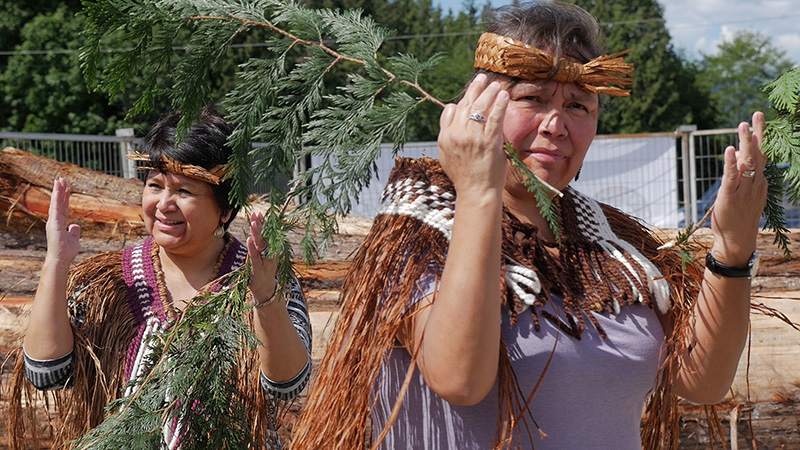
Welcome to syiyaya Reconciliation Movement
‘Family and friends’ Reconciliation Movement
“It may take a million steps to reach reconciliation between our peoples in the shishalh swiya, and right now, we may only be on step 500 5000… but we’re on our way.”
“It may take a million steps to reach reconciliation between our peoples in the shishalh swiya, and right now, we may only be on step 500… but we’re on our way.”
Our Purpose
The syiyaya Reconciliation Movement is a local initiative welcoming all people living on the shishalh swiya (homelands) to come together to work together as one for healing of the intergenerational harm done to First People by Canada’s history of cultural genocide and abuse in residential schools. The word ‘syiyaya’ literally means “family and friends” in the shashishalhem, the language of the shishalh people.
This visionary movement is a joint initiative of Indigenous and non-Indigenous residents of the Sunshine Coast, offering a local response to the Truth and Reconciliation Calls to Action while also calling for systemic change, provincially and nationally. Local actions involve collaborative projects that create a clear path to reconciliation through dialogue and relationships.
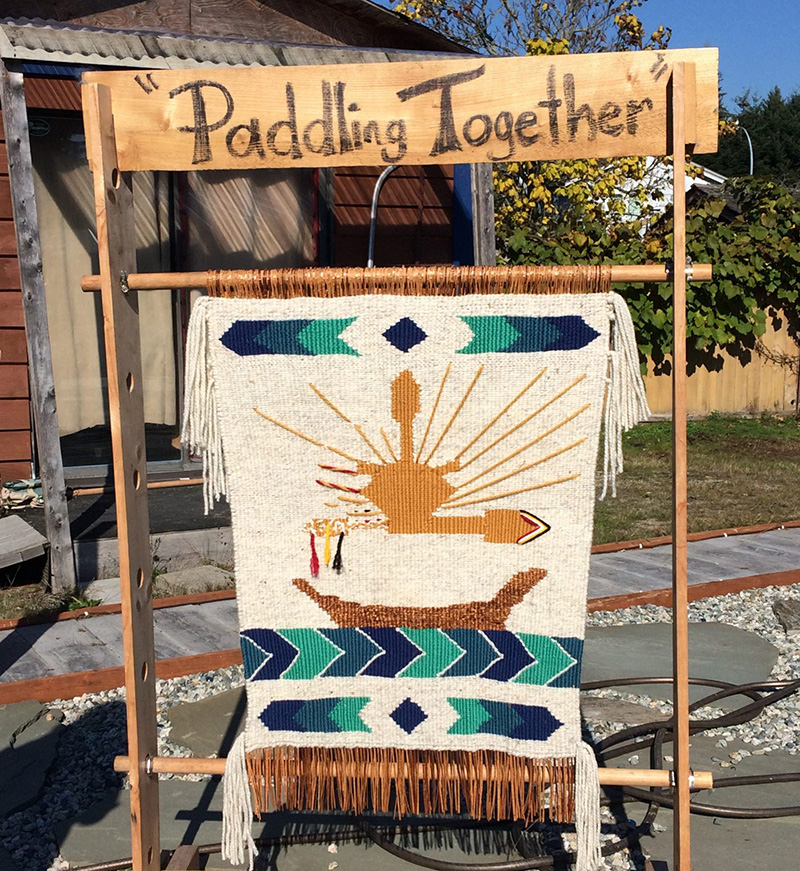
Our Purpose
The syiyaya Reconciliation Movement is a local initiative welcoming all people living on the shishalh swiya (homelands) to come together to work together as one for healing of the intergenerational harm done to First People by Canada’s history of cultural genocide and abuse in residential schools. The word ‘syiyaya’ literally means “family and friends working together” in the shashishalhem, the language of the shishalh people.
This visionary movement is a joint initiative of Indigenous and non-Indigenous residents of the Sunshine Coast, offering a local response to the Truth and Reconciliation Calls to Action while also calling for systemic change, provincially and nationally. Local actions involve collaborative projects that create a clear path to reconciliation through dialogue and relationships.
Our History
The work on a local response to the Truth and Reconciliation Process began in 2010. In 2017, leaders from both the Indigenous and non-Indigenous community entered into dialogue with shishalh Nation and Sechelt community members for a full year to get guidance and secure support for a more coordinated response. shishalh Elders asked that we start a movement and gave it its name. The founding leaders then developed a partnership with the shishalh Nation and District of Sechelt to strengthen the Movement’s organizational capacity.
The Movement was launched at the shishalh Longhouse in April 2018 by former elected chief Ɂakista xaxanak Garry Feschuk of the shishalh Nation and former Sechelt Mayor, Cam Reid.
The syiyaya Reconciliation Movement is inspired by and dedicated to the Survivors of Indian Residential School System (IRSS).
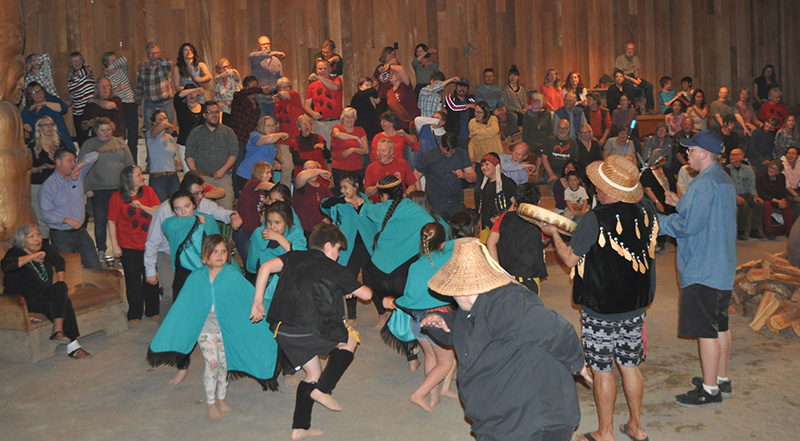
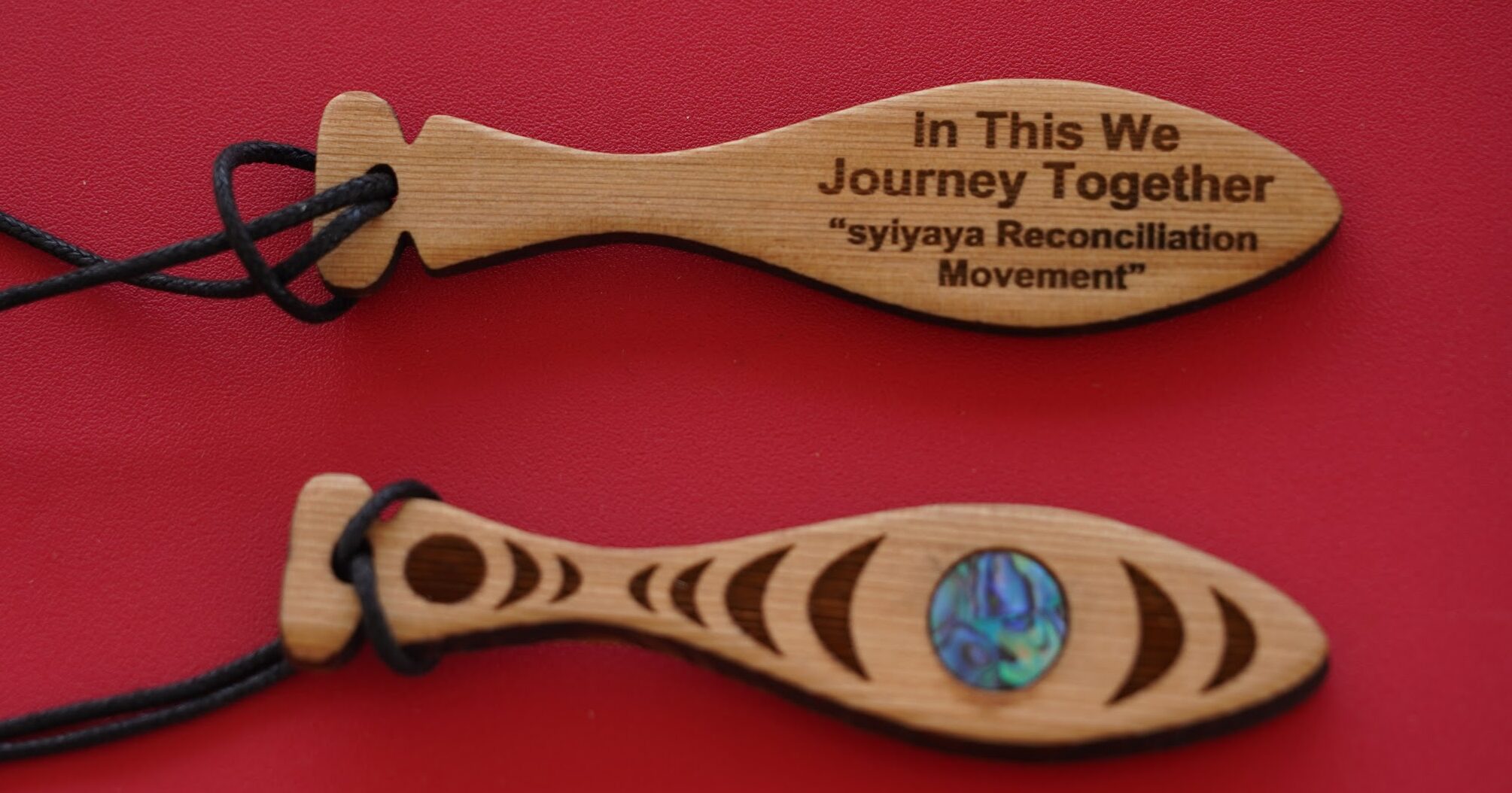
Our History
The work on a local response to the Truth and Reconciliation Process began in 2010. In 2017, leaders from both the Indigenous and non-Indigenous community entered into dialogue with shishalh Nation and Sechelt community members for a full year to get guidance and secure support for a more coordinated response. shishalh Elders asked that we start a movement and gave it its name. The founding leaders then developed a partnership with the shishalh Nation and District of Sechelt to strengthen the Movement’s organizational capacity.
The Movement was launched at the shishalh Longhouse in April 2018 by former elected chief Ɂakista xaxanak Garry Feschuk of the shishalh Nation and former Sechelt Mayor, Cam Reid.
The syiyaya Reconciliation Movement is inspired by and dedicated to the Survivors of Indian Residential School System (IRSS).
Our History
The work on a local response to the Truth and Reconciliation Process began in 2010. In 2017, leaders from both the Indigenous and non-Indigenous community entered into dialogue with shishalh Nation and Sechelt community members for a full year to get guidance and secure support for a more coordinated response. shishalh Elders asked that we start a movement and gave it its name. The founding leaders then developed a partnership with the shishalh Nation and District of Sechelt to strengthen the Movement’s organizational capacity.
The Movement was launched at the shishalh Longhouse in April 2018 by former elected chief Ɂakista xaxanak Garry Feschuk of the shishalh Nation and former Sechelt Mayor, Cam Reid.
The syiyaya Reconciliation Movement is inspired by and dedicated to the Survivors of Indian Residential School System (IRSS).
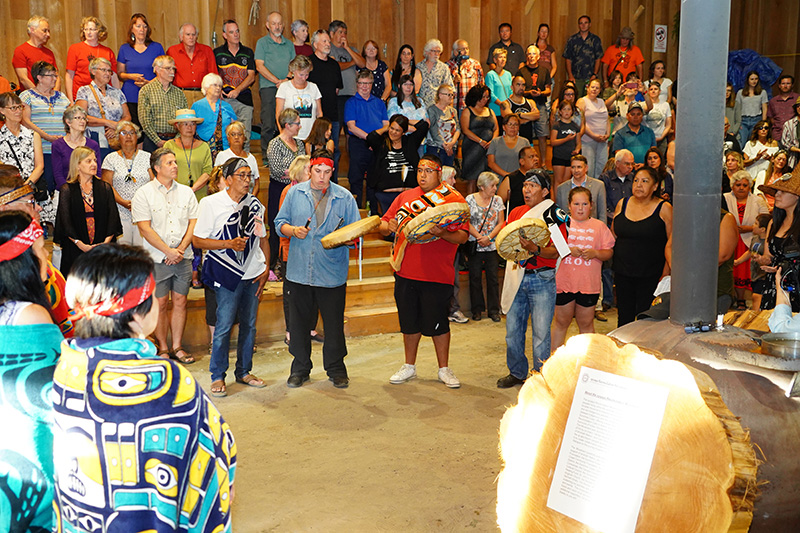

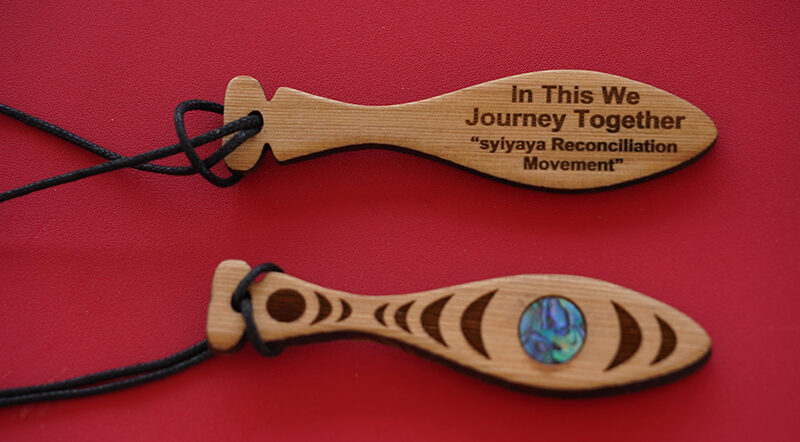
Our Process
The Movement is guided by the sk’ak’ts’itawilh (people working together) Committee comprised of equal representation of Indigenous and non-Indigenous people. The Committee has three main objectives:
- to create a grounded vision for how and where to focus energies
- to develop a healing and educational component
- to identify and acquire resources to sustain reconciliation
The Committee uses a consensus-based decision-making model.
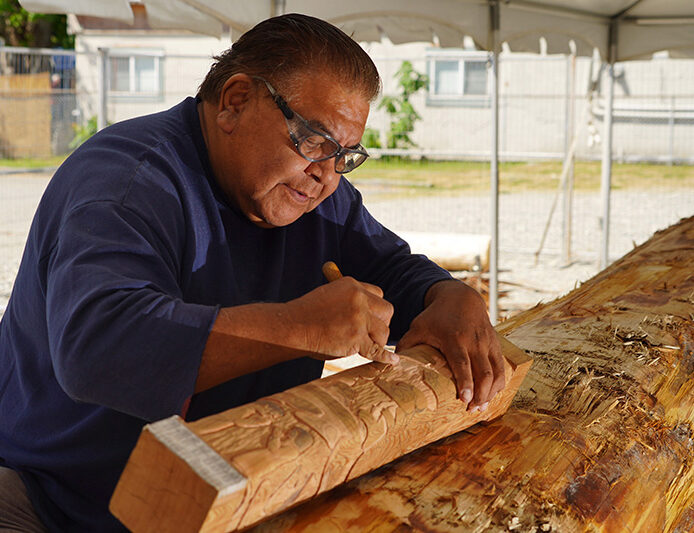
Our Process
The Movement is guided by the sk’ak’ts’itawilh (people working together) Committee comprised of equal representation of Indigenous and non-Indigenous people. The Committee has three main objectives:
- to create a grounded vision for how and where to focus energies
- to develop a healing and educational component
- to identify and acquire resources to sustain reconciliation
The Committee uses a consensus-based decision-making model.
Artists
Meet our talented artists: Shy Watters, Jessica Silvey, ch’elkwilwet Raquel Joe,
kwayimin Andy Johnson, tetalus Audrey Joe Santiago, xets’emits’a Candace Campo,
Shain Jackson and Ɂantuni Tony Paul.
Their amazing work, including weaving & carving, is featured here:
Artists
Meet our talented artists: Shyanne Watters, Jessica Silvey,
ch’elkwilwet Raquel Joe, kwayimin Andy Johnson,
tetalus Audrey Joe Santiago, xets’emits’a Candace Campo, Shain Jackson and Ɂantuni Tony Paul.
Their amazing work, including weaving & carving, is featured here:
Our Projects
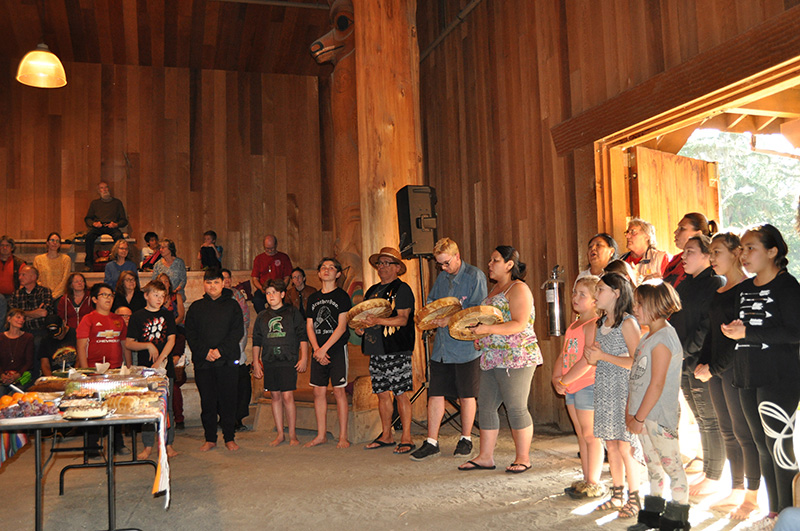
Movement Launch
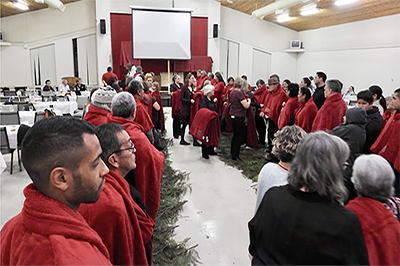
Honouring Survivors
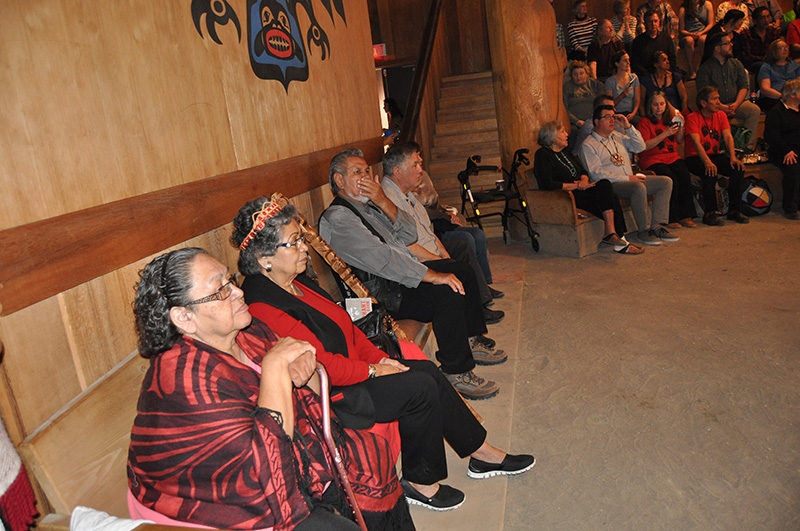
Visioning Reconciliation
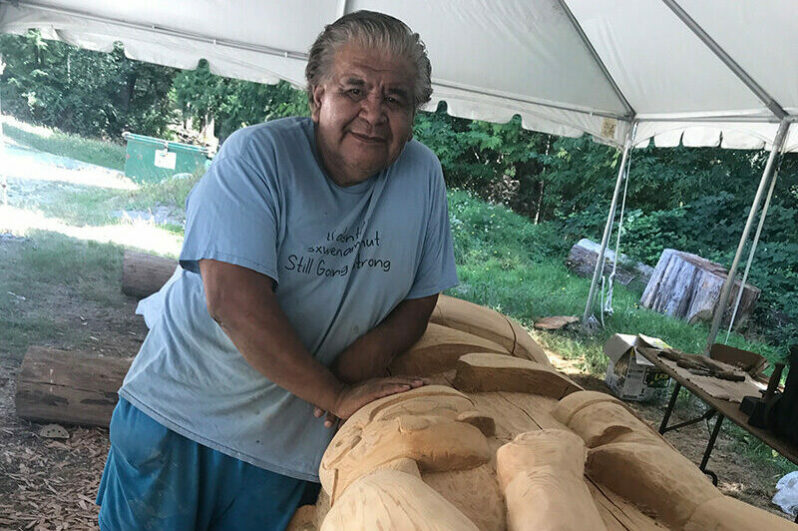
Carving Tears into Dreams of Reconcilation
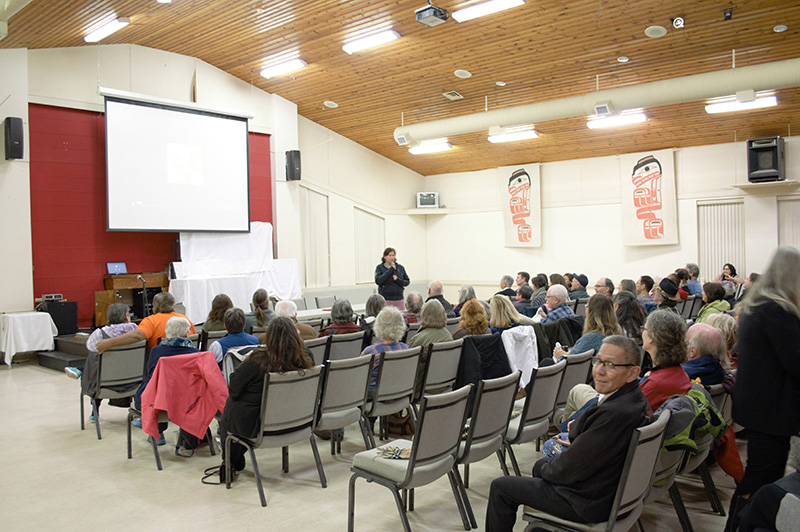
Exploring Reconciliation
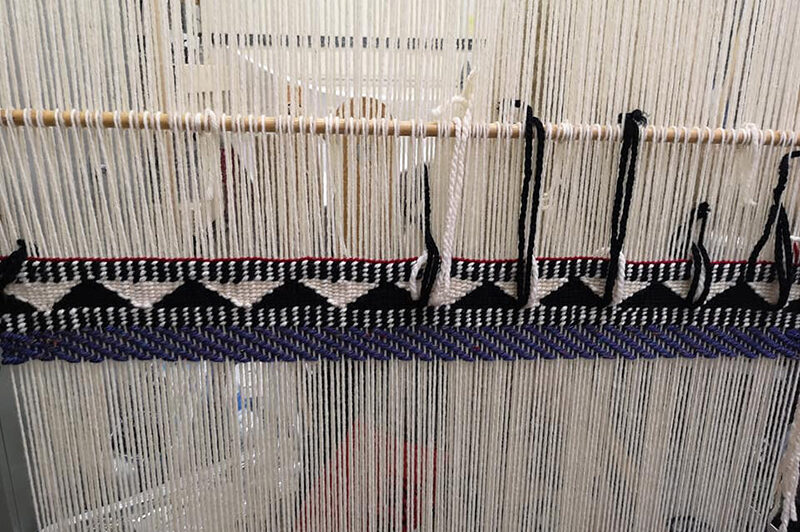
Weaving Tears into Dreams of Reconcilation
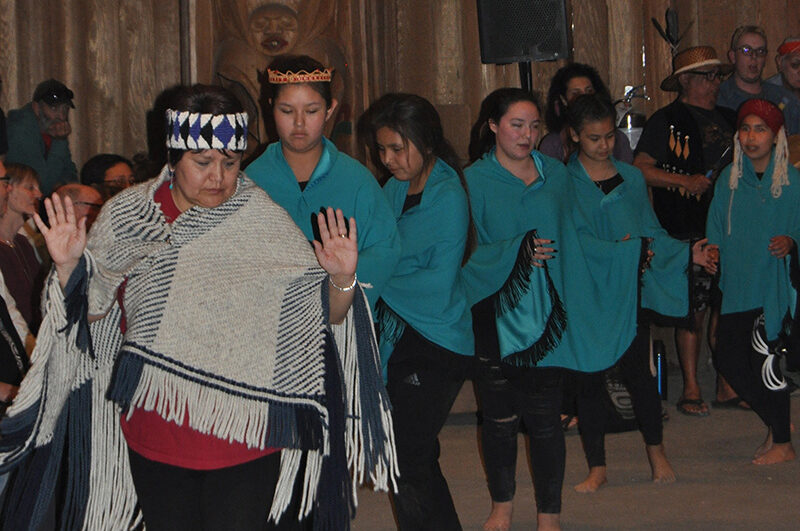
Healing Regalia
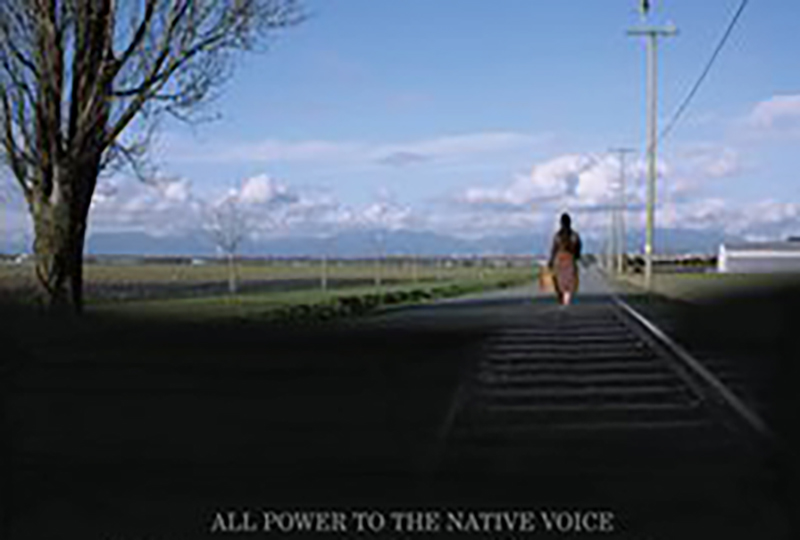
Film Nights
Our Projects

Movement Launch

Honouring Survivors

Weaving Tears into Dreams of Reconcilation

Visioning Reconciliation

Exploring Reconciliation
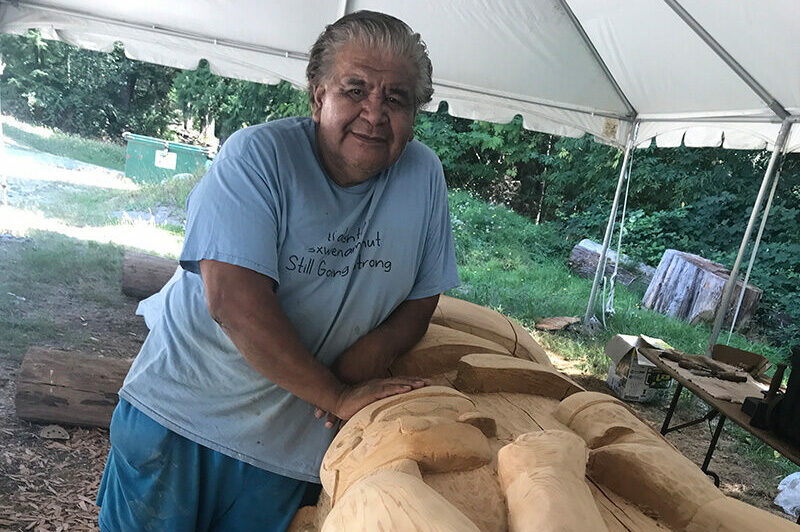
Carving Tears into Dreams of Reconcilation

Healing Regalia

Film Nights
ARTISTS
Meet our talented artists:
Shyanne Watters, Jessica Silvey,
ch’elkwilwet Raquel Joe, kwayimin Andy Johnson, tetalus Audrey Joe Santiago, Shain Jackson and Ɂantuni Tony Paul.
Their amazing work, including weaving & carving, is featured here:
Testimonials
What People Say
“The list of projects that syiyaya has completed was a needed reminder and encouragement in the discouraging times of COVID. Though appallingly few of the many national goals for reconciliation have yet been realized, it is some comfort to be reminded that dedicated workers are slowly making progress locally toward the cultural acknowledgement and healing of wrongs that were done.”
Testimonials
What People Say
“The list of projects that syiyaya has completed was a needed reminder
and encouragement in the discouraging times of COVID. Though appallingly few of the many national goals for reconciliation have yet been realized,it is some comfort to be reminded that dedicated workers are slowly making progress locally toward the cultural acknowledgement and healing of wrongs that were done.”
Testimonials
What People Say
“The list of projects that syiyaya has completed was a needed reminder
and encouragement in the discouraging times of COVID. Though appallingly few of the many national goals for reconciliation have yet been realized,it is some comfort to be reminded that dedicated workers are slowly making progress locally toward the cultural acknowledgement and healing of wrongs that were done.”
Interested in Getting Involved?
Reconciliation on the shishalh swiya requires many people to stand with shishalh people in dialogue and relationship building. Please contact us to find out how to get involved.
Interested in Getting Involved?
Reconciliation on the shishalh swiya requires many people to stand with shishalh people in dialogue and relationship building. Please contact us to find out how to get involved.
